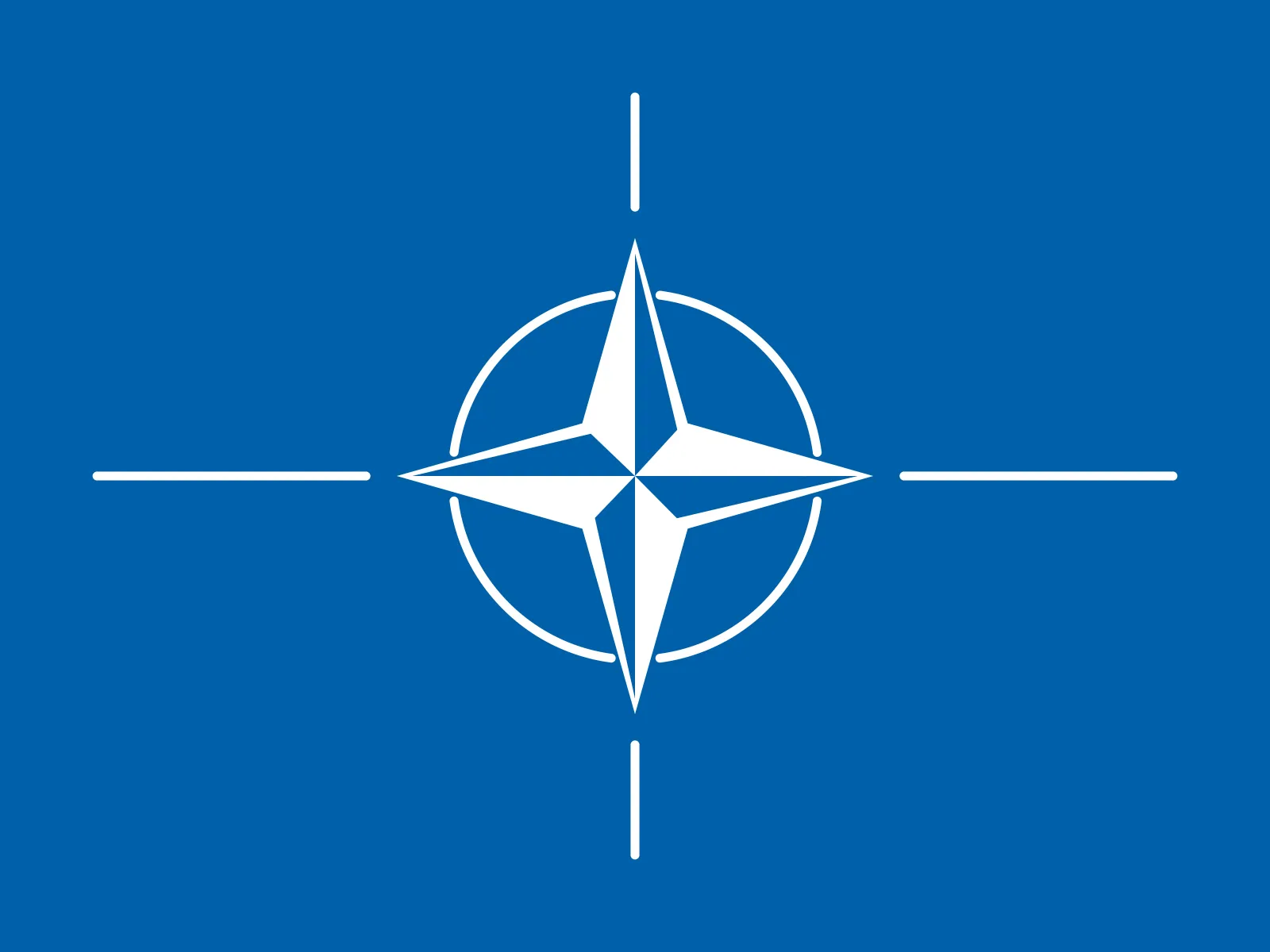Trump is either contentedly ignorant of the things he talks about or callously scornful of his adoring fans, whom he sees as rubes eager to swallow whatever he says. He could be both. Above all, Trump is a Trump supremacist.
Does he believe in NATO or not? (Believe in it? Hell, I’ve seen it!) Trump wants it both ways. He loves the response he gets at rallies when, populist-style, he seems to put NATO down as a freeloader on America. But he doesn’t really put it down. He is a devout NATOist.
How can that be? Look at his record. He’s called for expanding NATO to the Middle East! (He said it would allow the U.S. government to disengage, but how likely would that be?) During the Trump administration, North Macedonia joined the alliance. (Another country for potential American rescue, thank you very much.) And NATO members near Russia think Trump left the alliance stronger than it was before he took office. Yes, once or twice he threatened to pull the U.S. government out, but that’s like the guy who starts to walk out of a car showroom in a bluff to get undercoating and rustproofing included in the price of the car.
So let’s not play games. Trump loves NATO. It enables him to be a big cheese on the world stage. His fans say we should take him seriously, not literally. What does that mean? Trump is a shameless snake oil salesman. (That doesn’t mean I think the alternative is better.)
Take the latest brouhaha. Trump has upset the usual suspects by saying that if a NATO member government were “delinquent” in paying “its bills,” “I” — he personally? — would not protect it from an attack by, say, Russia. He even said he would “encourage [Russia] to do whatever the hell they want.” He’s rather casual about other people’s lives.
The first thing to notice here is that he would protect members that had paid what he calls their “bills.” He believes in NATO’s mutual defense commitment. QED.
Under Trump (like any other president), Americans could be forced to fight for and/or materially assist other NATO governments that came into conflict with non-NATO countries. That’s the point of NATO! An attack on one is an attack on all. The collective defense commitment under Article 5 — which has been invoked only once, by the U.S. government after 9/11 — provides wiggle room with the phrase “such action as [each member government] deems necessary,” but still it expresses an intention for mutual defense. And, most importantly, the U.S. government’s nuclear arsenal is in the background.
The next thing to understand is that Trump’s talk about bills and dues is balderdash. NATO members don’t pay dues. What Trump must be confused about is the members’ agreement to try to raise their military spending to at least 2 percent of their GDP. That money does not go to NATO; it’s part of their government budgets. This agreement is understood as a guideline, not a commitment. Members have no deadline, so they can’t be delinquent. According to the Washington Post, using NATO figures, 11 of the 31 members have met the guideline. (Iceland has no armed forces.)
How does Trump know that 2 percent is the magic number? He doesn’t. How does he know that striving for 2 percent by raising taxes or cutting other spending wouldn’t destabilize one country or another? He doesn’t. But the issue gives him another chance to pretend that the United States is the aggrieved party internationally. NATO members are taking advantage of America.
That’s been his shtik since he started running for president in 2015. No demagogue would get far by ranting that the United States has bullied other countries long enough and it’s time to stop. No, his pitch is that the United States has been trampled on by others long enough. That’s how a populist rallies support. The fact is that for decades in foreign affairs, the U.S. foreign-policy elite has called the shots and others have knuckled under or else. As President George H. W. Bush said in 1990, “What we say goes.” This power has been waning recently: other people will take only so much pushing around, and other power centers rise up.
One reasonably winces at Trump’s invitation to Russia, although Russia is unlikely to be interested in accepting it or even capable of doing so. We wince because when a government, any government, crosses borders, innocent people die. It’s not something even to joke about.
To point out Trump’s buffoonery, however, is not to defend NATO. Decades ago, libertarians started calling for the U.S. government to leave the alliance and the others. That was during the Cold War. It was motivated by, among other things, an understanding that what looks like defense to you might look like aggressiveness to him. Glancing back and pronouncing NATO a success because World War III did not happen might be a post hoc ergo proper hoc fallacy (after this, therefore because of this). We don’t know what would have happened had NATO not existed or if it did, the U.S. government had not participated, especially if free entrepreneurship in security had been allowed to flourish. Maybe we were just lucky over 40-some years, especially concerning nuclear war, which would have ended the world.
Moreover, by what right does the U.S. government commit American individuals to fight or otherwise assist in another government’s war? It is not an answer to say: “That’s what governments do.” That begs the question regarding the state’s authority. I suspect Trump wouldn’t understand.

































